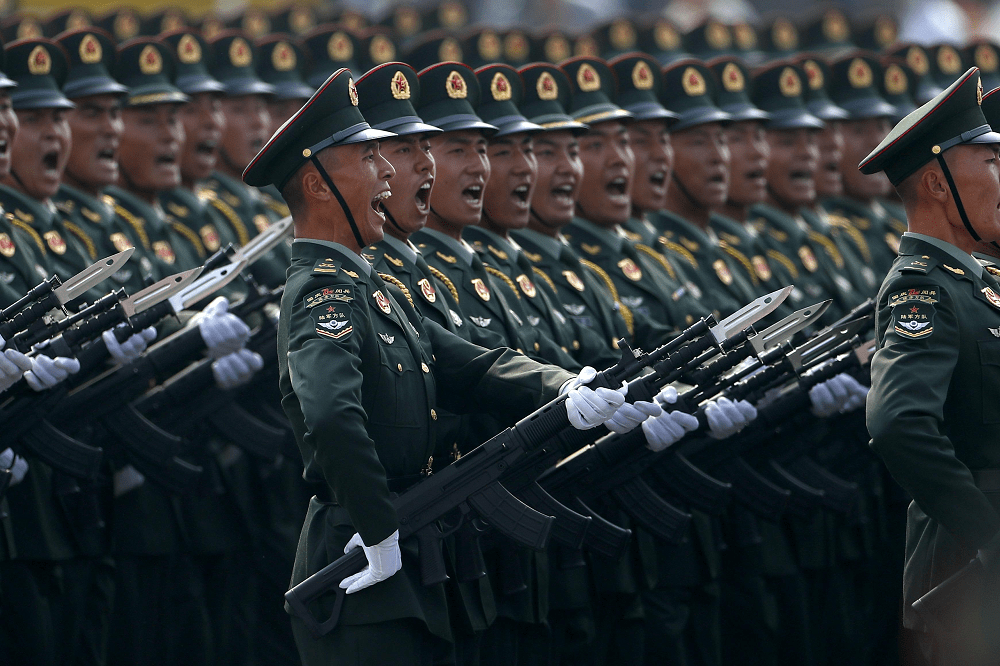American investors could pay the price as the U.S. moves to blacklist more Chinese firms
December 01, 2020 @ 13:13 +03:00
Major Chinese companies that are crucial to Beijing’s global trade and infrastructure projects are under threat as U.S.-China tensions escalate — and that could mean more risks for American investors, according to research firm TS Lombard. Last month, U.S. President Donald Trump issued an executive order prohibiting U.S. investments into a list of Chinese companies that Washington said were owned or controlled by the Chinese military. On Monday, Reuters reported that the Trump administration will be adding China’s top chipmaker SMIC and oil and gas producer CNOOC to that list.
Following that report, shares of CNOOC plunged nearly 14% on Monday, while SMIC fell almost 3% the same day. Both stocks extended their losses on Tuesday. The U.S. is also close to releasing a so-called blacklist of 89 Chinese companies with military ties, restricting them from buying a range of American goods and technology, according to another Reuters report last week, which cited a separate draft list. Many of the Chinese firms on the list are central to China’s Belt and Road (BRI) initiative, according to U.K.-based research firm TS Lombard in a note last week.
The BRI initiative is a massive project that’s building an extensive network of rail, road and sea routes stretching from China to Central Asia, Africa and Europe. It is also aimed at boosting trade with countries participating in this initiative. TS Lombard said that among the Chinese companies that were blacklisted, American investors have the highest direct exposure to China Communications Construction Company, China State Construction Group, China Railway Construction Corporation, and China Telecommunications. While large state-owned companies dominate the list, it also includes private companies that have longstanding contracts with China’s military or its armed police, such as tech giant Huawei and video surveillance firm Hikvision, TS Lombard said.
Investors are also waiting for more clarity on how the U.S. executive order would apply to listed subsidiaries of state-owned Chinese companies under the blacklist, the research firm noted.
American investors could pay the price as the U.S. moves to blacklist more Chinese firms, CNBC, Dec 1







